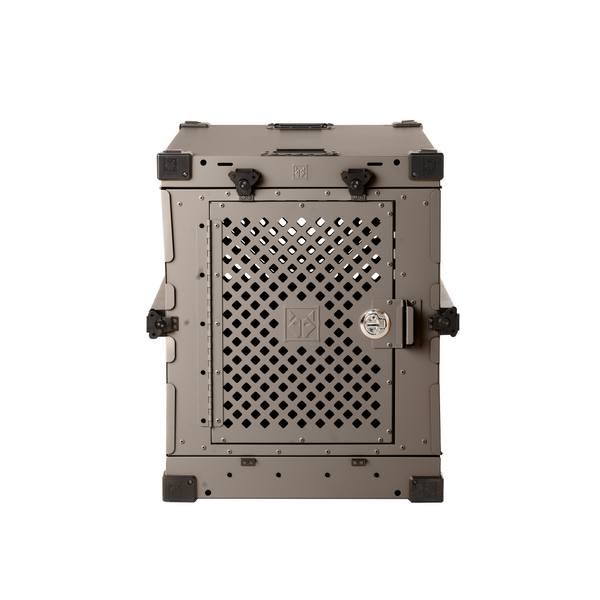Many dog owners experience the frustration of trying to get their puppy to listen, only to feel like they’re being ignored or that their commands are treated as optional suggestions. If you’ve been there, don’t worry—you’re not alone. Every dog owner has felt that same frustration at some point.
But here’s the good news: listening is a skill your puppy can learn, and so can you. Training isn’t just about obedience; it’s also about communication, trust, and building a lifelong bond with your pup.
Here are some simple tips to help encourage your puppy to listen and respond:
Practice with Your Puppy
Like any new skill, learning takes time and repetition. And remember, puppies are still figuring out the world.
Make practice easier and more effective by:
-
Staying consistent – Use the same word for each command. For example, always use “come.” Avoid switching between “come,” “here,” or “now,” as it can confuse your pup.
-
Starting small – Begin in quiet, low-distraction areas. Once your puppy is reliably responding, slowly introduce more distractions—like practicing in the backyard or at a nearby park.
-
Keeping it short – Practice sessions should be just 5–10 minutes long. More isn’t always better. It’s ideal to end a session while your puppy is still excited to keep going.
-
Praising often – Celebrate every moment your puppy listens with treats, affection, or even playtime. These rewards help reinforce the behavior you want.
Patience really is the key to success!
Alternatives to Punishment
Discipline doesn’t have to mean harsh corrections. In fact, punishment can create a fearful or confused puppy, leading to a breakdown in trust.
If you feel like your puppy needs correction, try these approaches instead:
-
Redirect gently – If your puppy nips at your pant leg, offer a chew toy instead. If they jump on you, ask for a “sit” and reward them for it.
-
Reward the good – Catch your puppy doing something right? Praise them! Be their cheerleader—even if it means getting a little silly.
-
Ignore unwanted behaviors – If a behavior doesn’t get attention, your puppy will eventually learn it’s not worth repeating.
Positive reinforcement builds trust, and trust builds loyalty—that’s where great listening begins.
Know the Breed
Each breed is unique. Some learn quickly, while others are more independent or easily distracted. That doesn’t mean one is better than another, it just means they learn differently.
-
Herding breeds often respond well to direction and may enjoy tasks or "jobs" that keep them engaged.
-
Hunting breeds may need extra focus work, as their instincts are often drawn to sights and sounds in the environment.
-
Companion breeds tend to be highly in tune with your emotions, your energy and mood can directly influence their attention.
Take some time to research your puppy’s breed (or mix). Understanding their instincts and tendencies can help tailor your training approach and set realistic expectations.
Pay Attention to Emotions
Your puppy has emotions just like you, happy, curious, confused, tired, or even scared. Emotional awareness can play a big role in how they respond to training.
Before asking your puppy to listen, ask yourself:
-
Are they tired, overstimulated, or anxious?
-
Is the environment too noisy or chaotic?
-
Is it a calm, focused moment for both of you?
Creating a peaceful learning environment gives you the best chance for success—for you and your puppy.
Final Thought: It’s a Team Effort
Teaching your puppy to listen isn’t just about control, it’s about growing together. Listening is a two-way street.
The more you understand your puppy’s needs, instincts, and emotions, the more they’ll learn to understand you. And that’s what makes for a strong, respectful, and lasting bond.
https://www.akc.org/expert-advice/training/teaching-your-puppy-to-listen/













